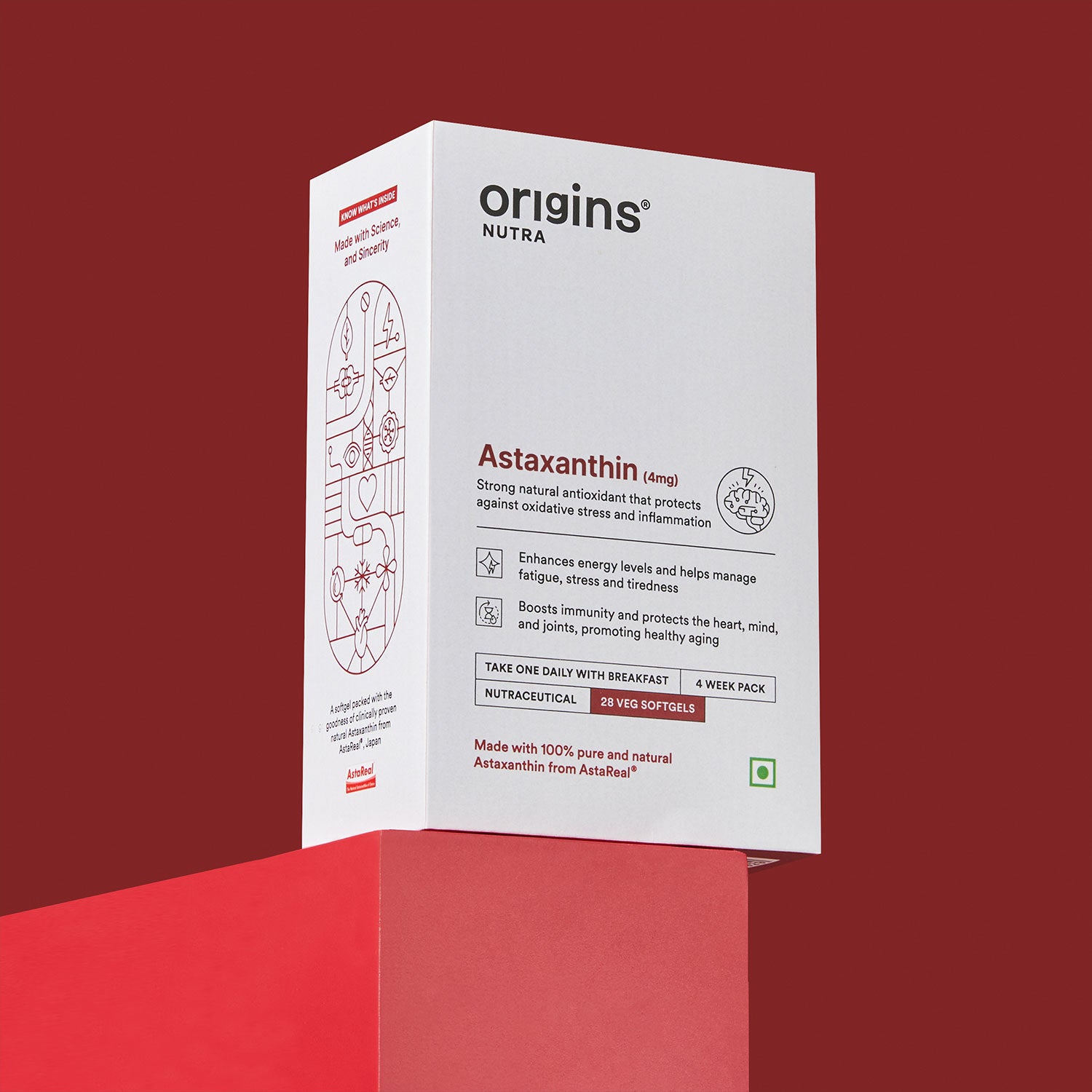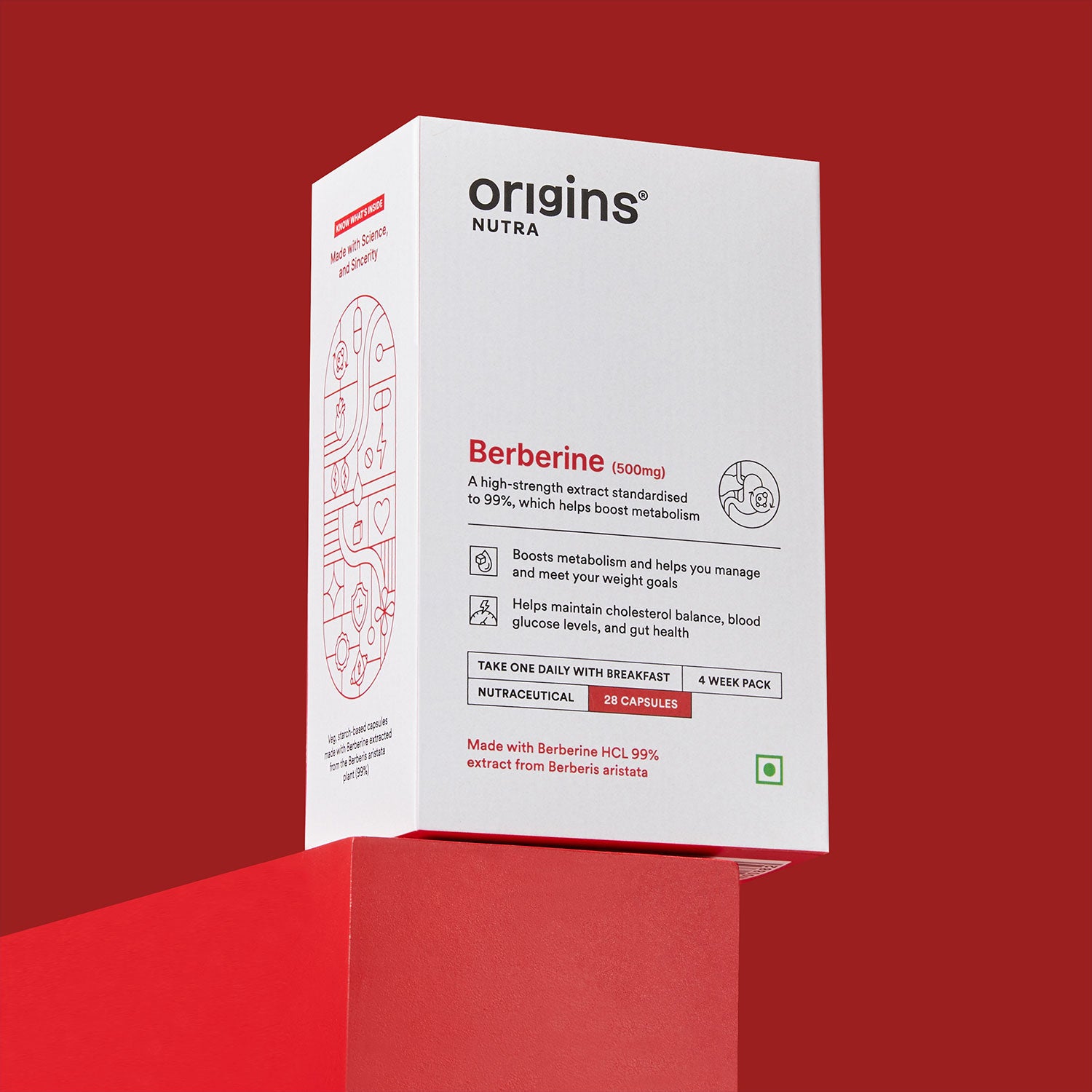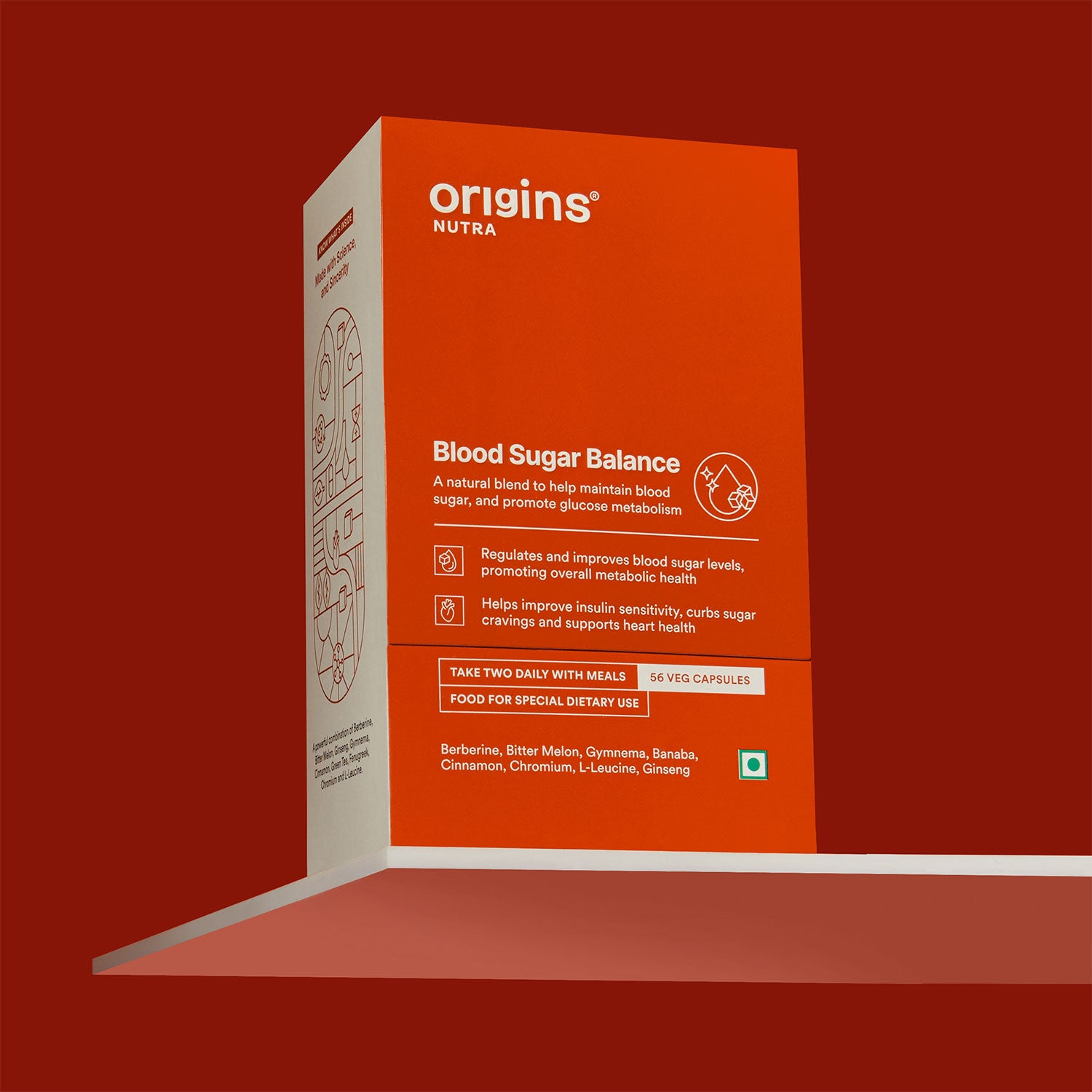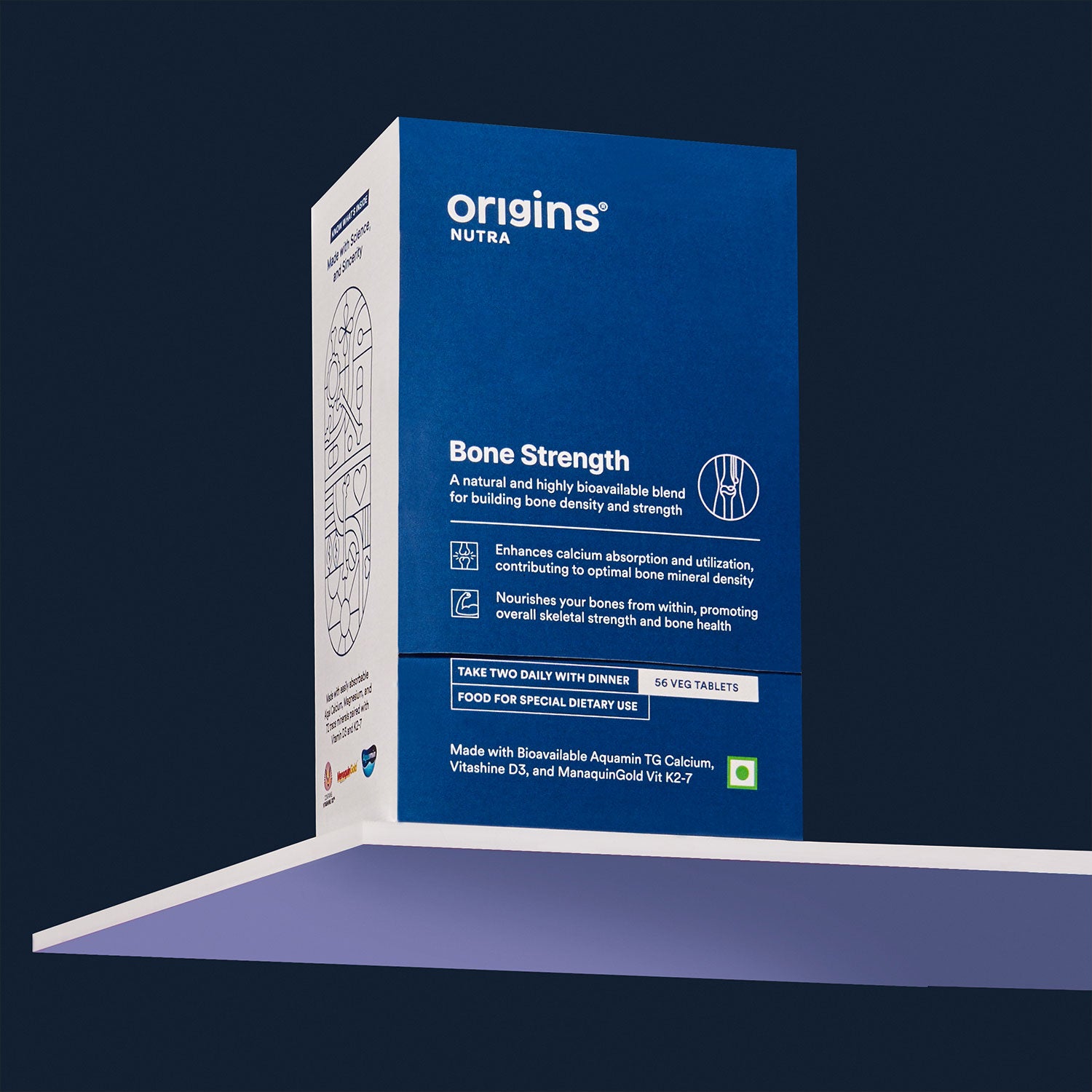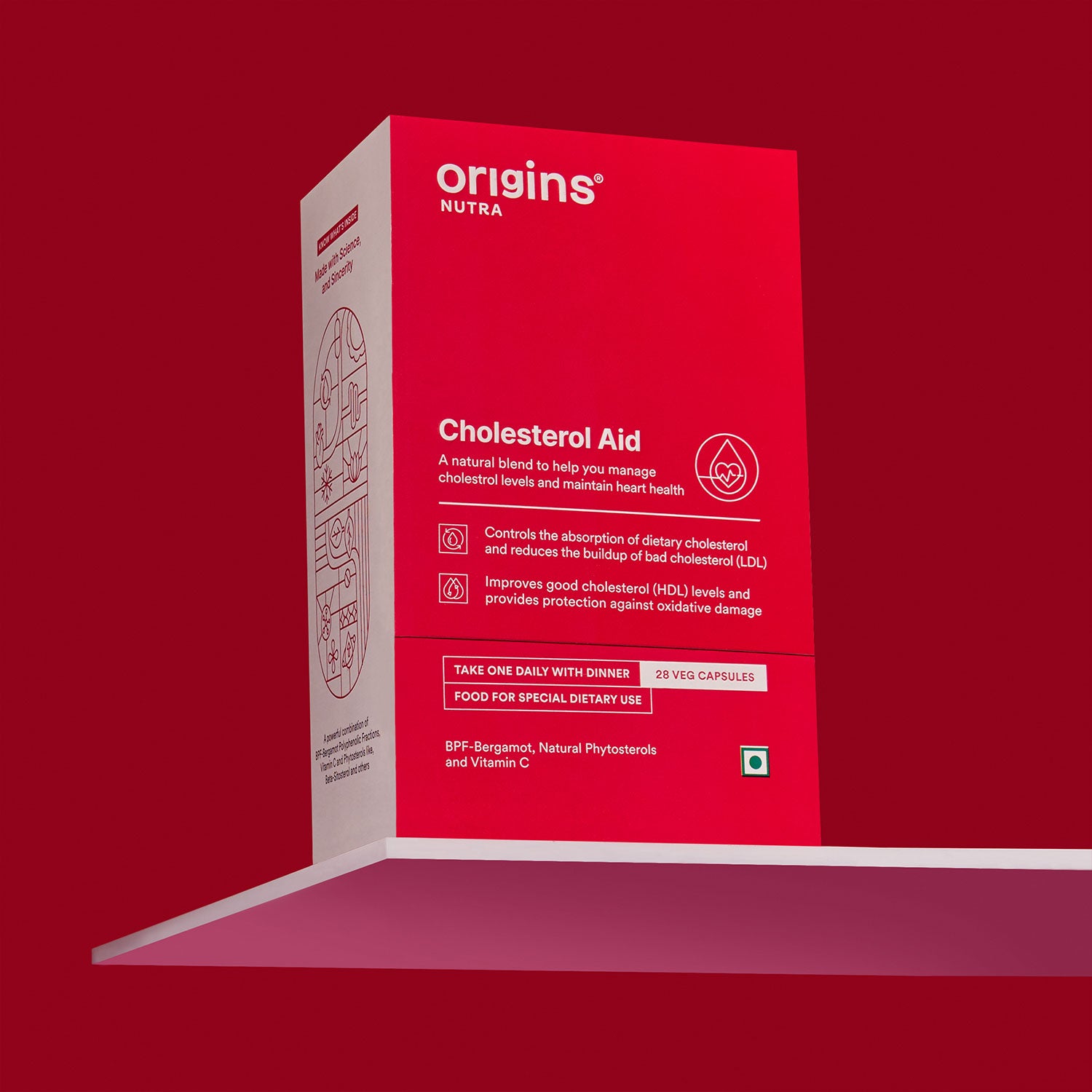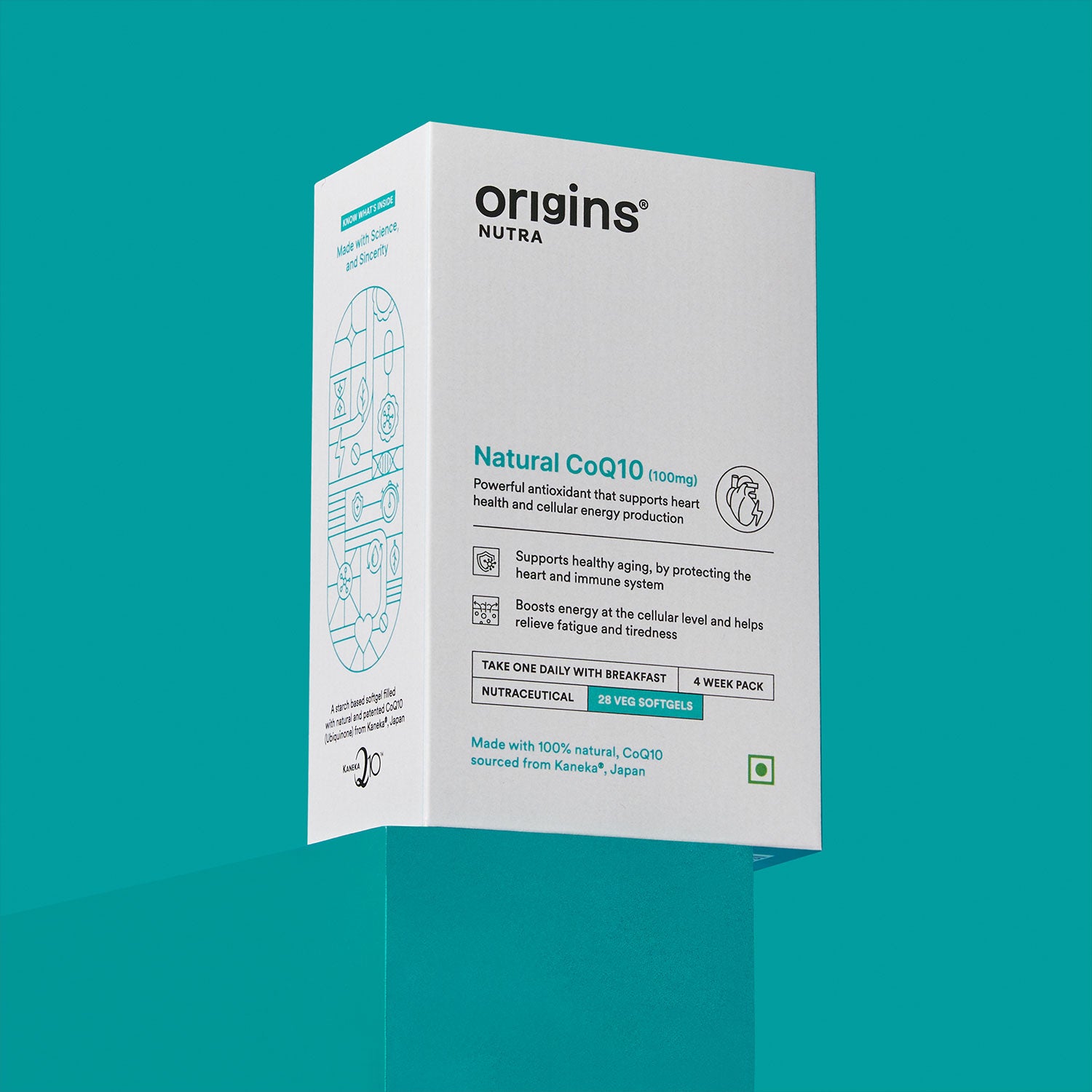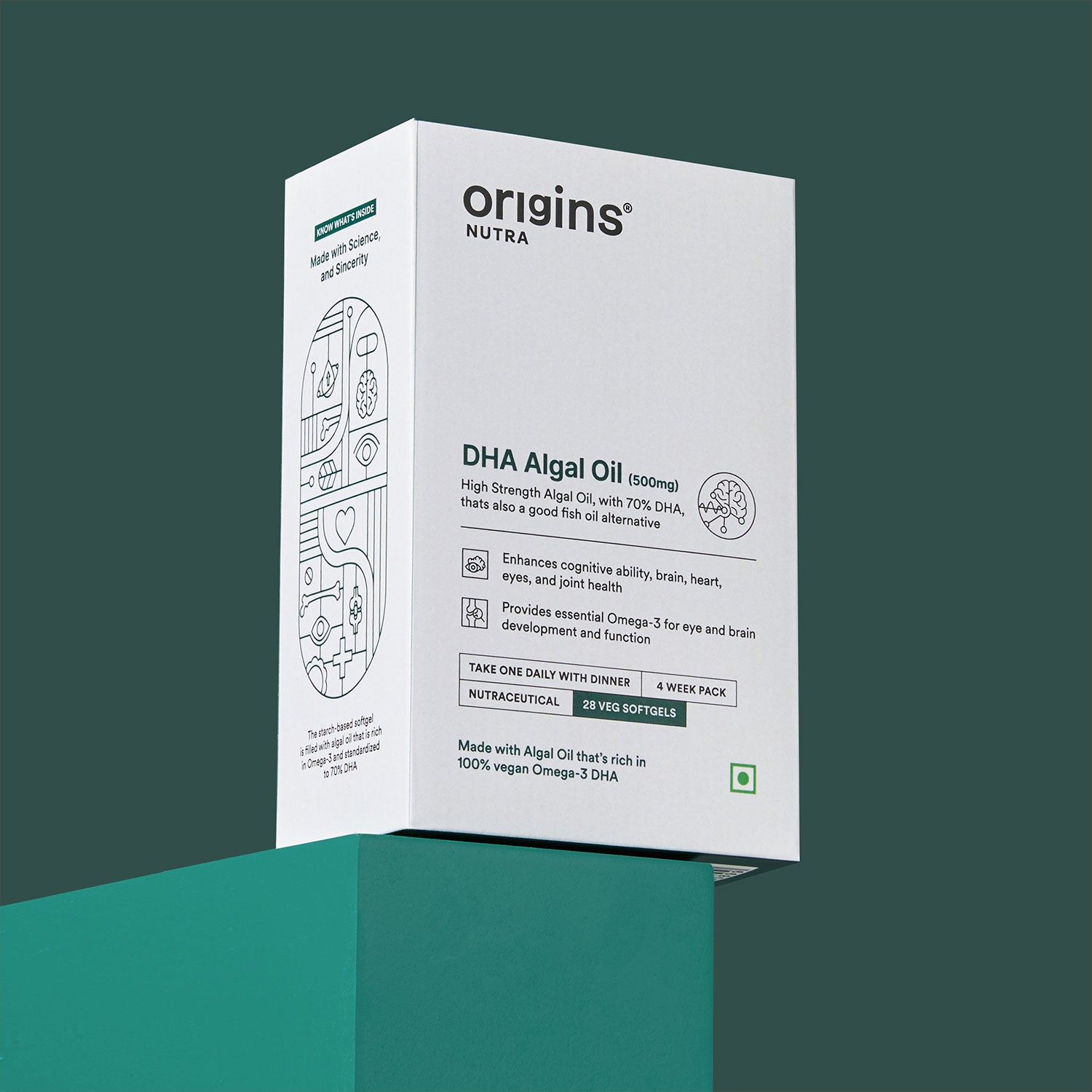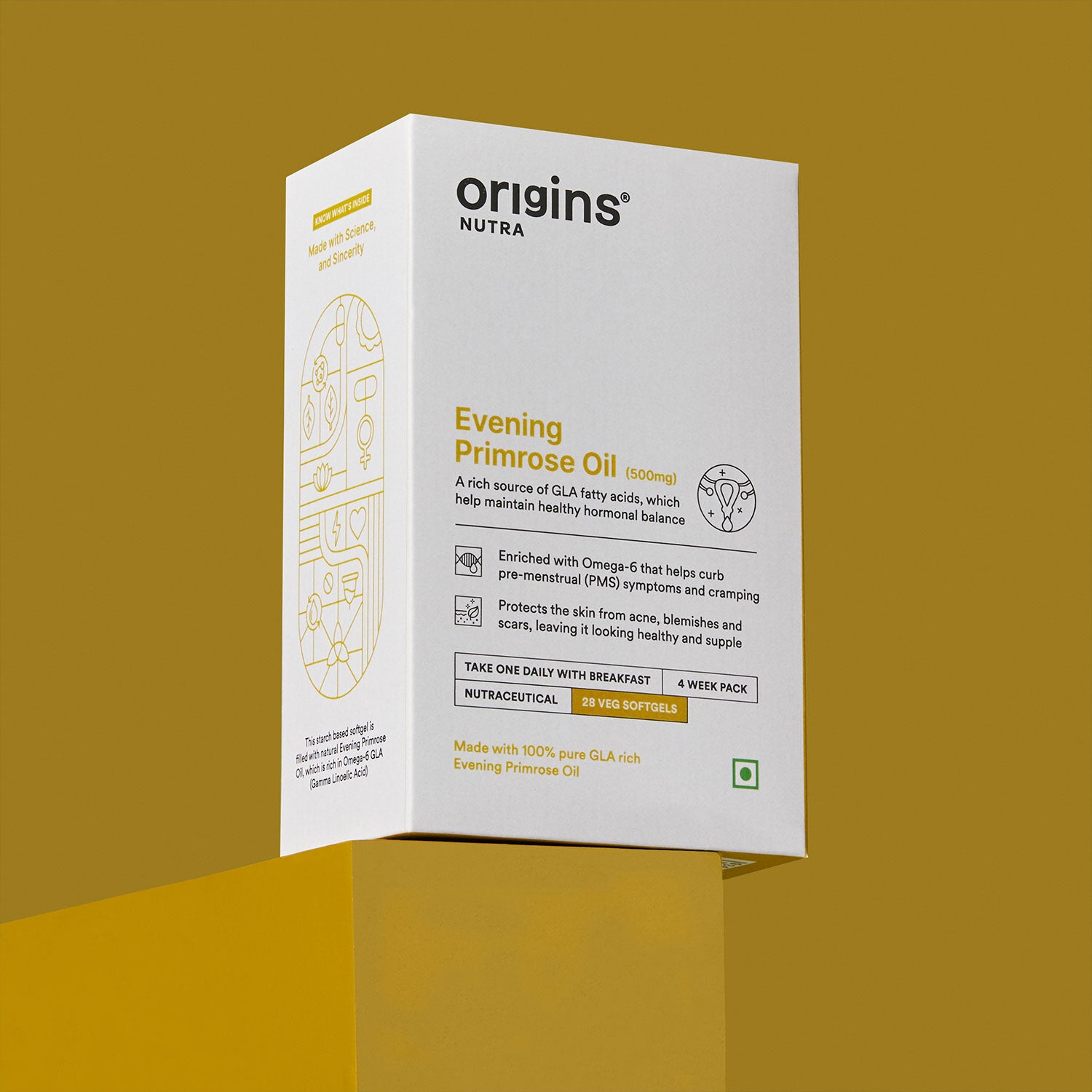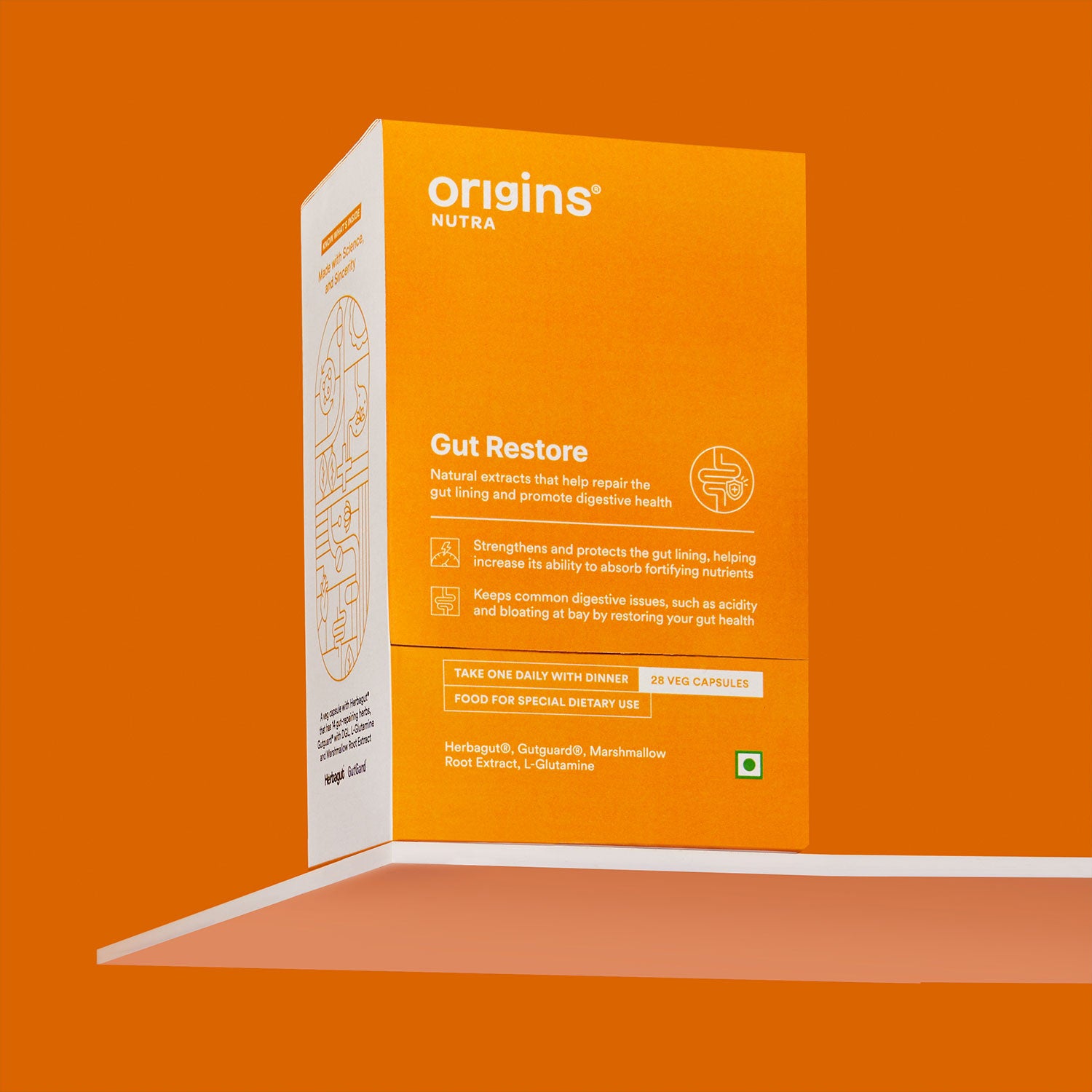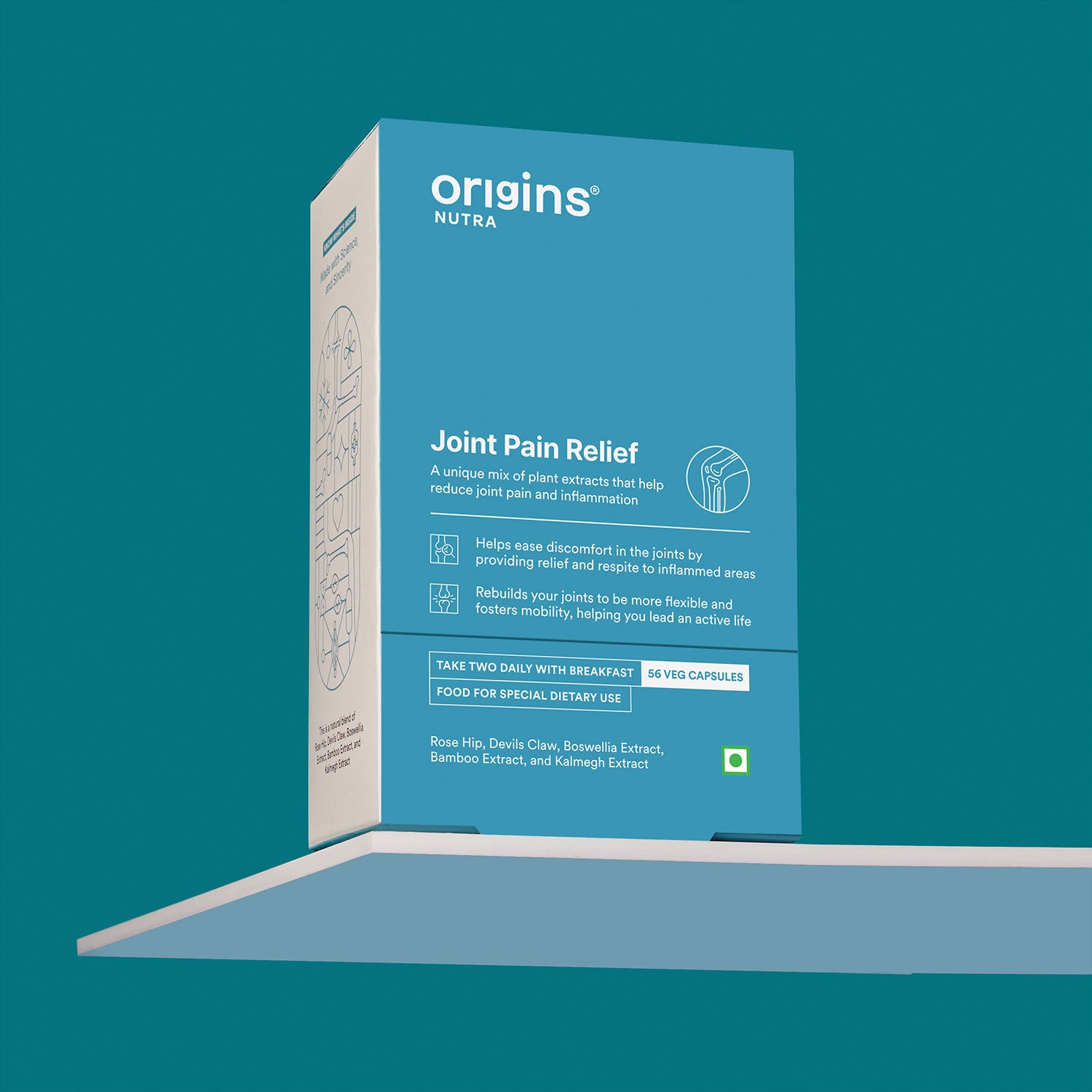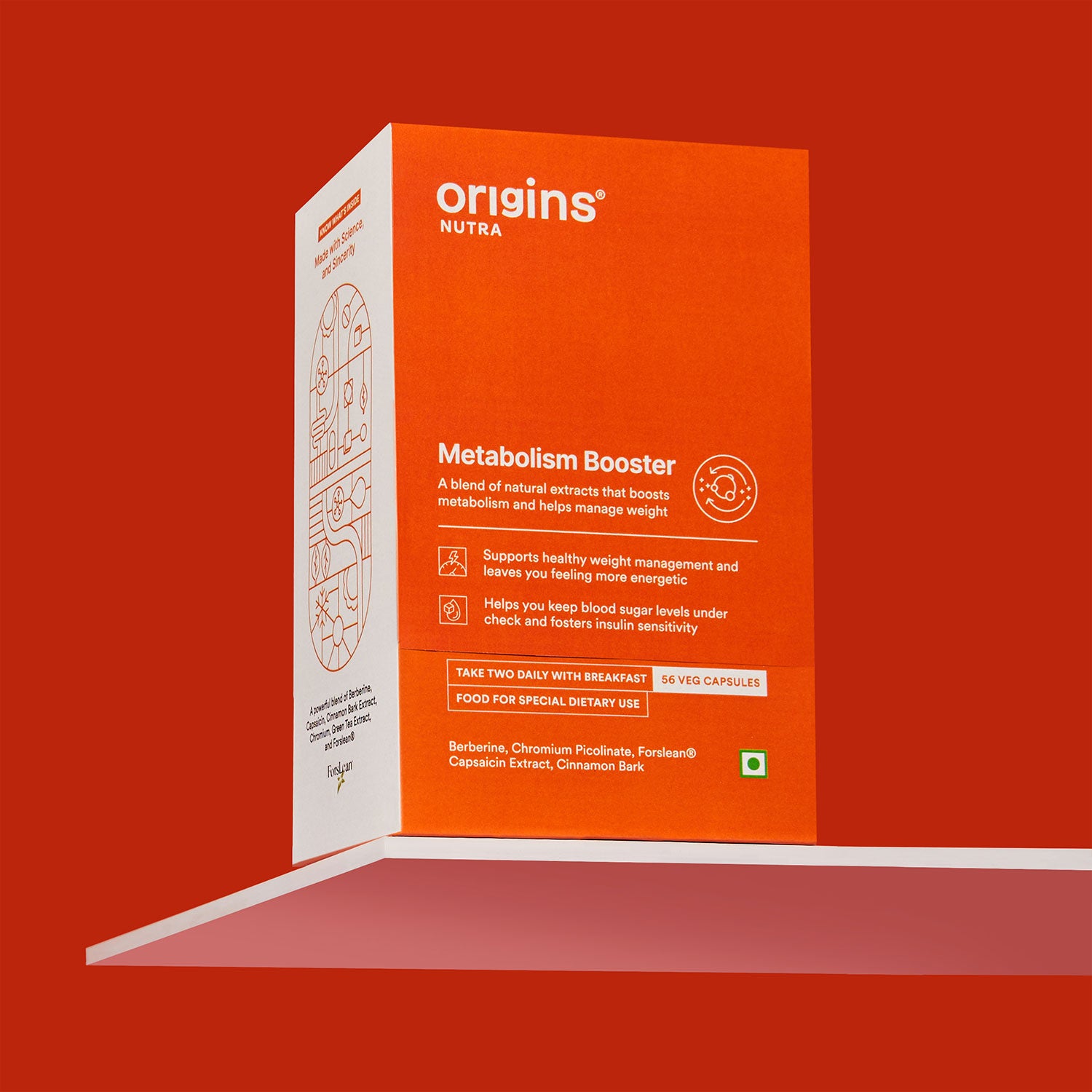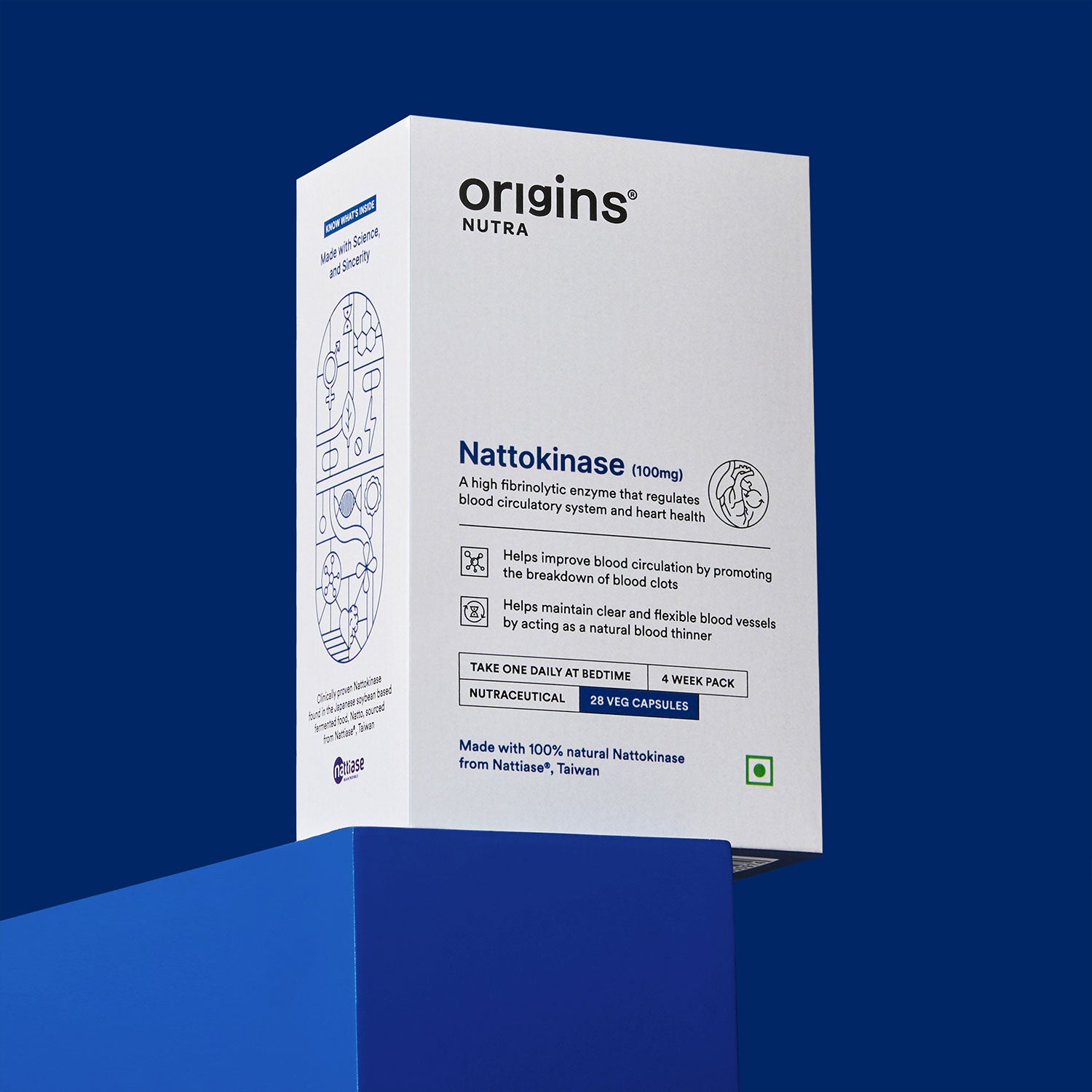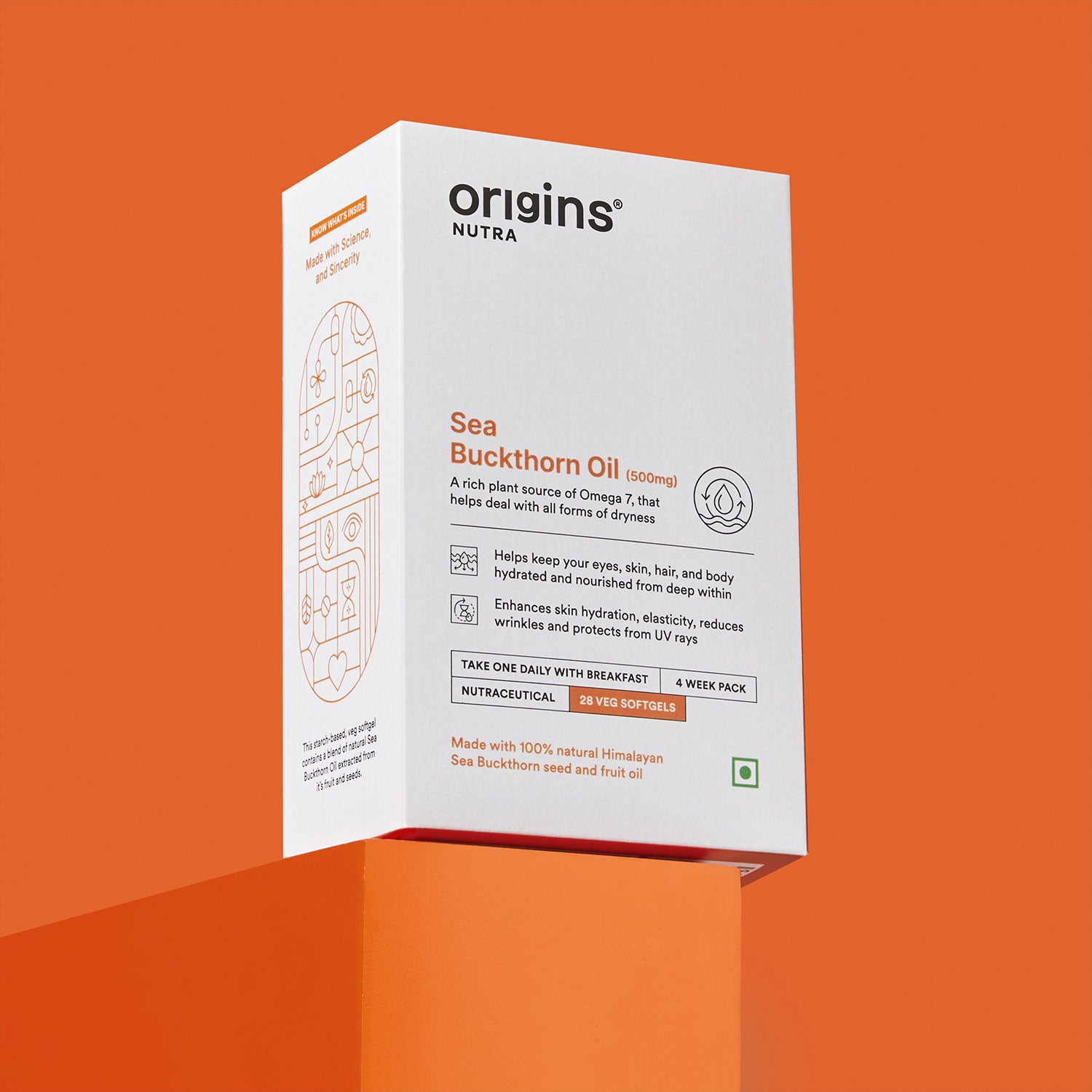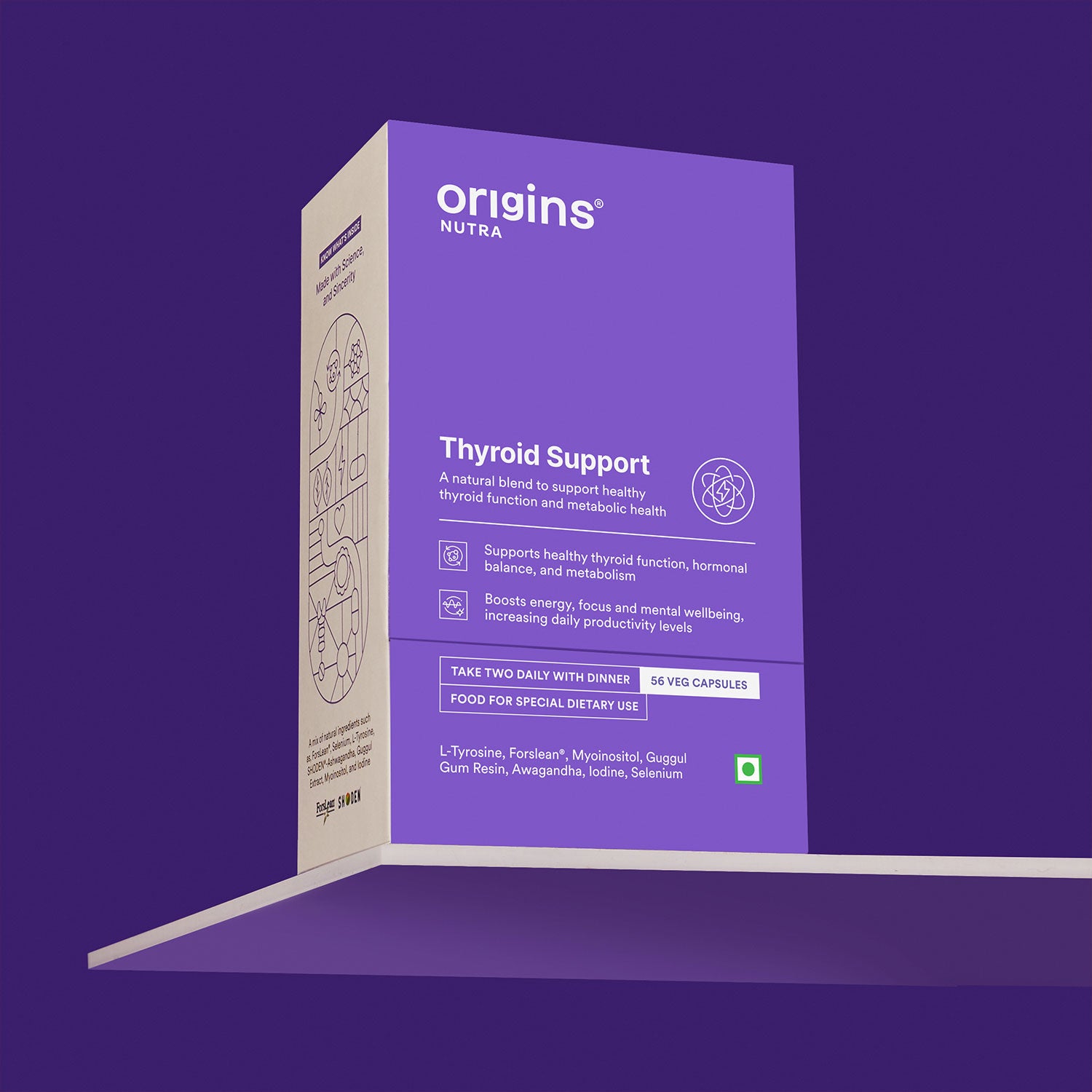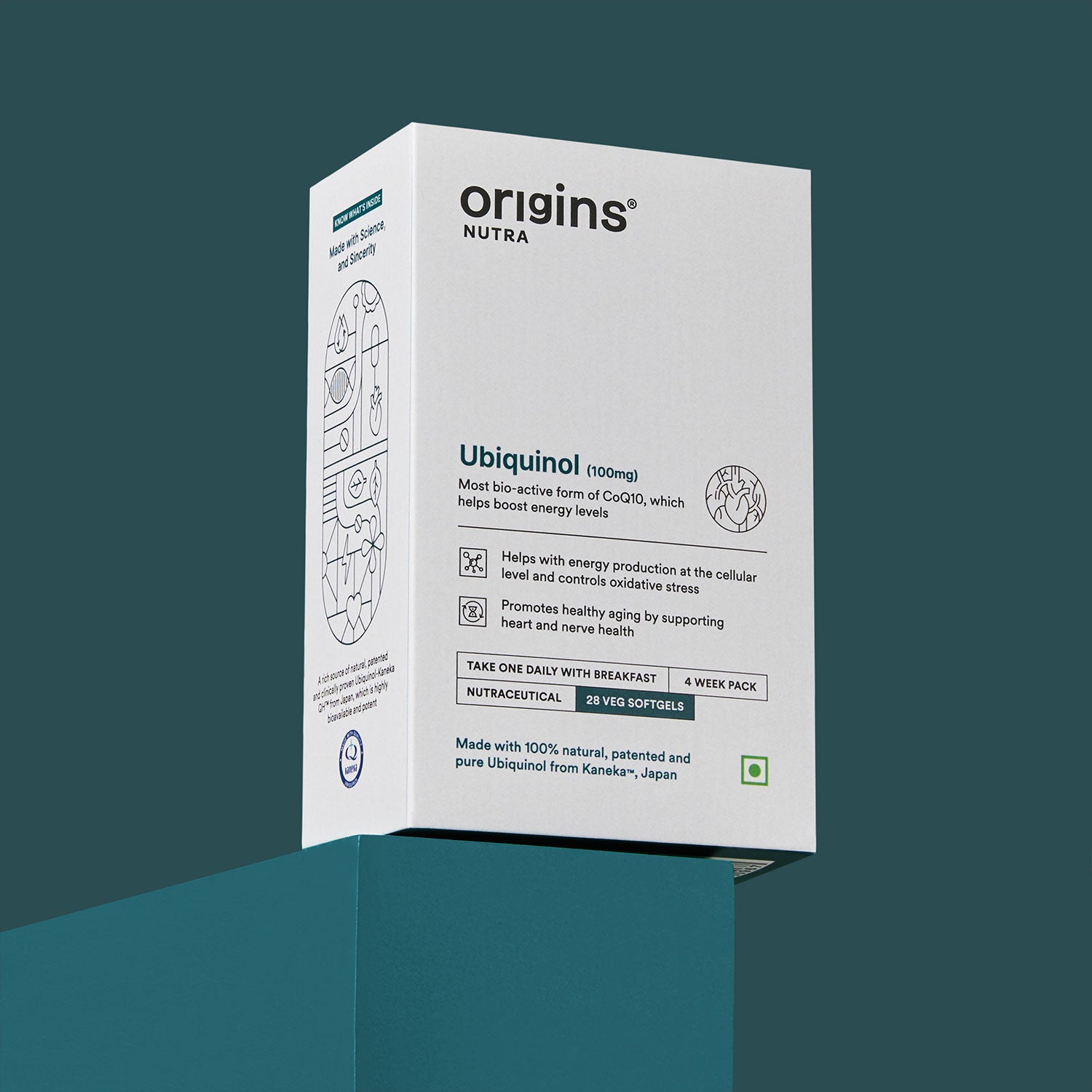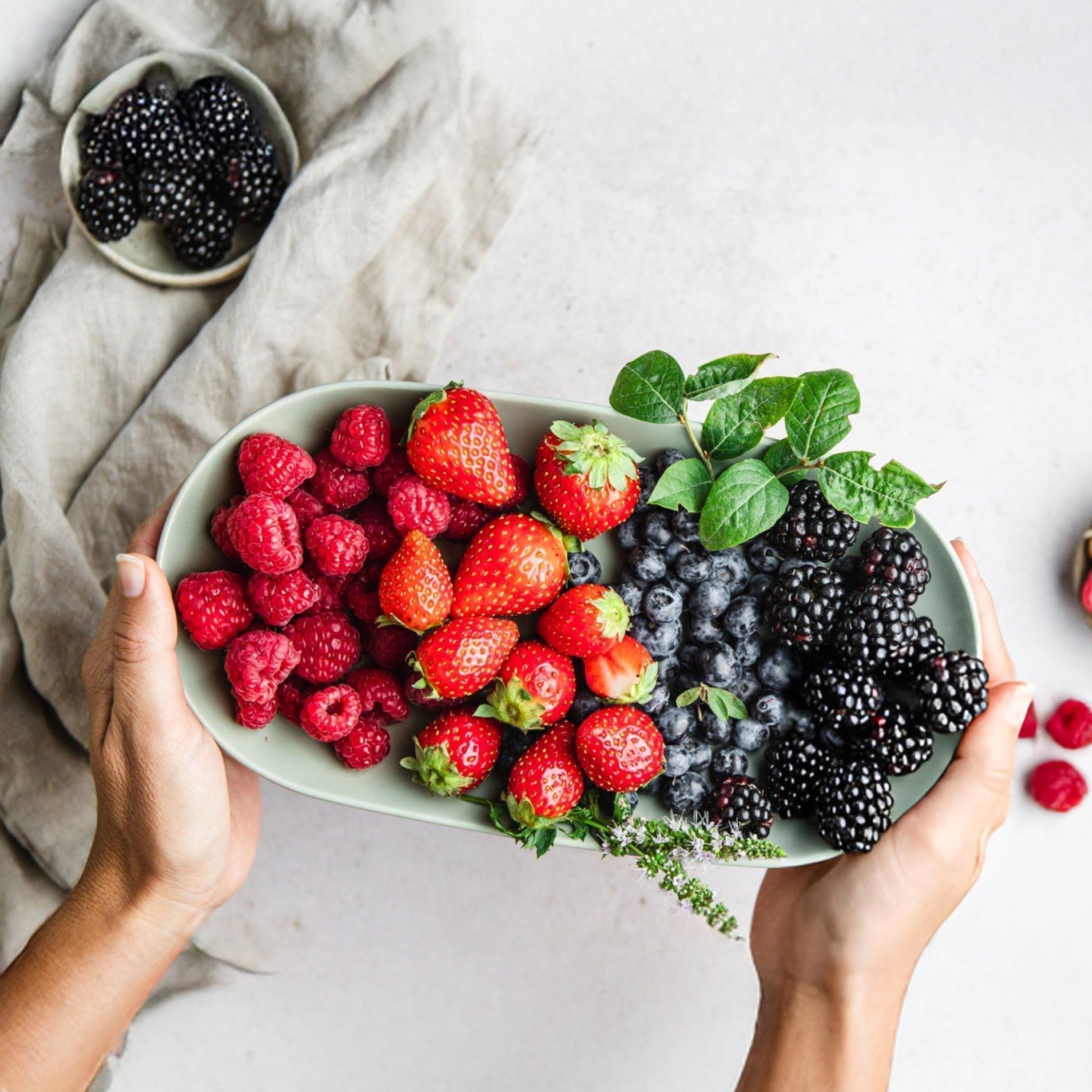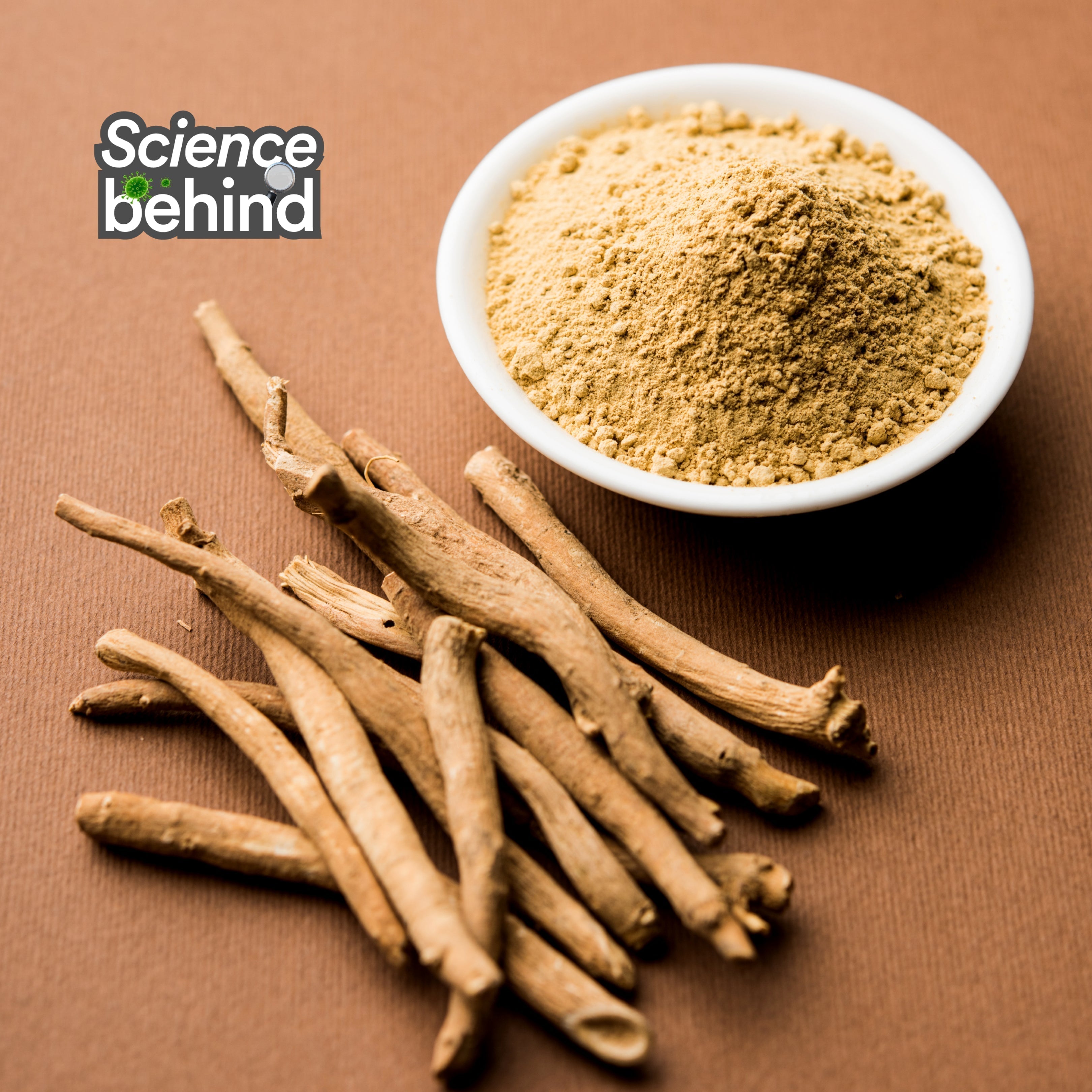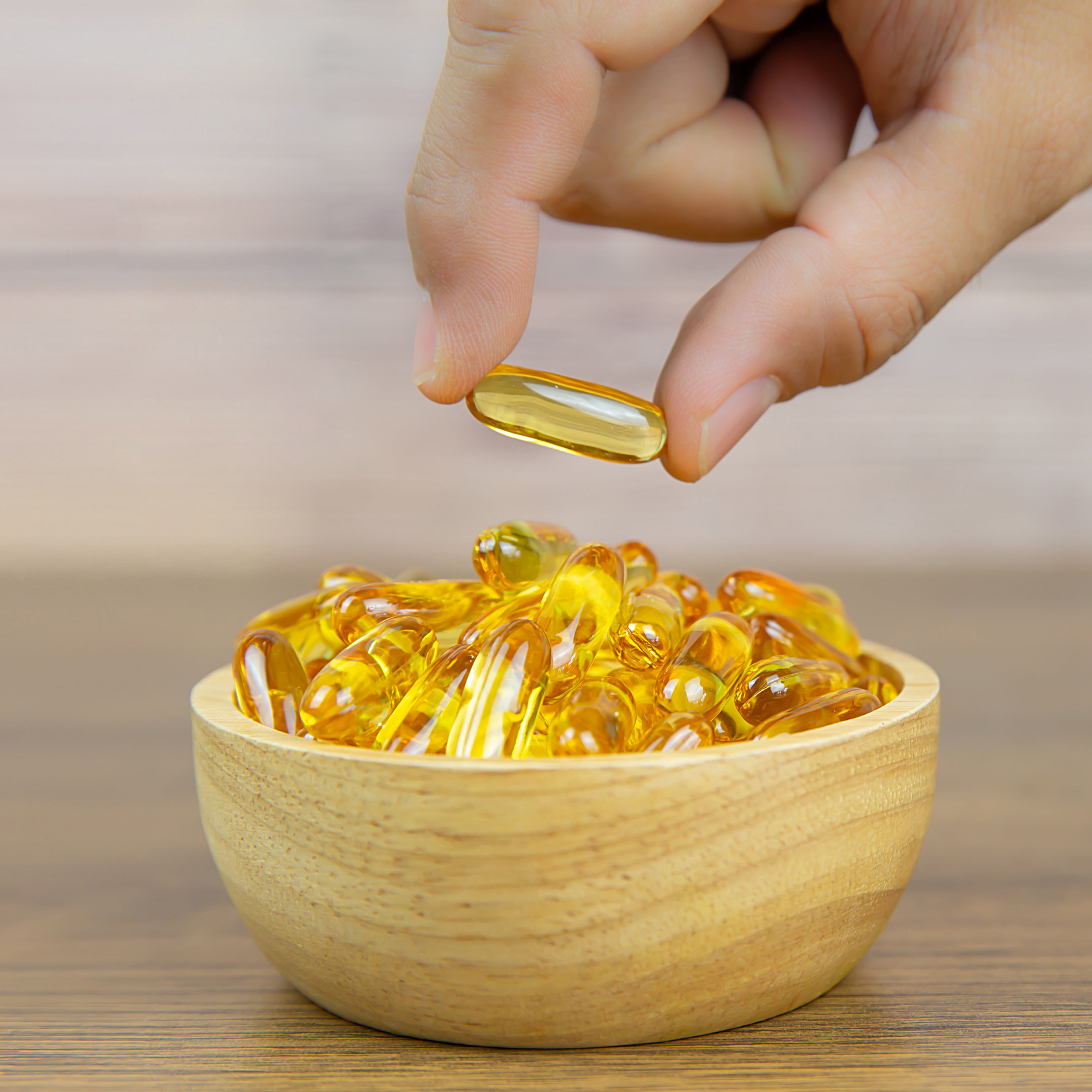Top 10 Best Magnesium Foods to include in your Diet
Magnesium is an essential mineral that plays a vital role in many daily functions, from keeping our hearts beating steadily to supporting strong bones and muscles. Despite its importance, many people fail to meet their daily recommended intake.
Let’s explore how to improve our magnesium levels! In this guide, we’ll highlight the 10 best magnesium-rich foods that you can easily incorporate into your meals.

Recommended daily intake of magnesium:
According to the NIN (ICMR), the current recommended dietary allowance (RDA) for magnesium is as follows:
| Age | Male | Female |
| Above 18yrs | 440 mg/d |
370 mg/d Pregnancy-440 mg/d Lactation-400 mg/d |
10 Foods Rich in magnesium:
1) Amaranth leaves
Amaranth leaves (also known as Chaulai ke patte in Hindi or Thandu keerai in Tamil, is a popular leafy vegetable rich in magnesium, with the NIN reporting 194 mg of magnesium per 100 g. In addition to magnesium, they are also a great source of vitamins, fibre, and protein. You can easily incorporate amaranth leaves into your diet by adding them to dishes like dal, sabji, or parathas.
2) Red Rajma (Kidney Beans)
Rajma, also known as kidney beans, is a great source of magnesium, providing 173 mg per 100 g, according to the NIN. In addition to magnesium, rajma is rich in protein, dietary fibre, and essential nutrients that support heart health and help regulate blood sugar levels. You can enjoy rajma in dishes like rajma curry, salads, or rajma rice for a wholesome and nutritious meal.

3) Ragi (Finger Millet)
Ragi, also known as finger millet, is a nutrient-dense grain, providing 146 mg of magnesium per 100 g. It's rich in calcium, iron, and fibre, making it perfect for improving bone health and weight loss. You can easily include ragi in your diet through ragi porridge, roti, dosa, or even cookies, especially if you’re looking for gluten-free options.
4) Banana
Bananas are everyone’s favourite, easy-to-carry fruit, known for their high potassium content, but they also provide 43 mg of magnesium per 100 g. Bananas are a quick, natural energy booster and aid digestion. They are easy to add to your daily diet, whether in smoothies, cereals, or simply as a snack.

5) Dry Dates
Dates (also known as kharik) are naturally sweet and offer 73 mg of magnesium per 100 g. They are also a great source of fibre and antioxidants, promoting digestive health and providing a quick energy boost. Dates can be eaten on their own or added to desserts, shakes, or even salads for a touch of natural sweetness.
6) Nuts
Nuts are a fantastic source of magnesium and other essential nutrients. Here’s a breakdown of some magnesium-rich nuts:
-
Almonds: 318 mg of magnesium per 100 g
-
Brazil nuts dried: 376 mg per 100 g
-
Cashews: 307 mg per 100 g
Nuts can be enjoyed as a mid-evening snack, added to smoothies, incorporated into baked goods, or sprinkled on salads for an extra crunch and nutritional boost.

7) Salmon
Salmon fish is known for its rich flavour and numerous health benefits. It provides 30 mg of magnesium per 100 g, according to USDA. It is also packed with omega-3 fatty acids, which support heart and brain health. Easy to prepare, salmon can be grilled, baked, or added to salads, making it a versatile choice for any meal.
8) Dark Chocolate
Many people overlook the benefits of dark chocolate. According to USDA a 100 g serving of 70-80% dark chocolate contains 228 mg of magnesium. In addition to its magnesium content, this treat is rich in antioxidants, which can support heart health and enhance mood when consumed in moderation.Whether as a simple treat or sprinkled on fruit, dark chocolate in moderation is a delightful way to boost your magnesium intake while satisfying your sweet cravings!

9) Seeds
Seeds are packed with magnesium and offer a range of essential nutrients. Here’s a look at some magnesium-rich seeds:- Flaxseeds: 392 mg of magnesium per 100 g
- Sesame seeds: 351 mg per 100 g
- Chia seeds: 335 mg per 100 g
- Pumpkin seeds: 550 mg per 100 g
These nutritious seeds can easily enhance your meals. Add them to smoothies, sprinkle on salads or fruits for an extra magnesium boost.
10) Groundnuts
Groundnuts are not only a tasty snack but also a great source of nutrition. They provide 210 mg of magnesium per 100 g, according to NIN. Rich in healthy fats, protein, and fibre, peanuts in moderation support heart health and keep you feeling full. Whether enjoyed on their own, added to trail mixes, or used in sauces, peanuts are a versatile and satisfying addition to your diet.

Conclusion
Incorporating magnesium-rich foods into your diet is a great way to enhance your overall health and well-being. By including a variety of options—such as leafy greens, legumes, grains, fruits, nuts, and seeds—you can help meet your daily magnesium needs. The foods listed above are excellent sources to consider. However, if you find it challenging to get enough magnesium from food alone magnesium supplements can be a convenient way to support your health.
Frequently Asked Questions (FAQ’s)
Dark chocolate has the highest amount of magnesium with 64 mg in one serving, which is 16 % of the recommended daily intake.
Today’s highly processed foods make it difficult to get enough magnesium from diet alone, so daily magnesium supplements are necessary to meet the body's needs.
Bananas have the highest amount of magnesium among fruits. One large banana has 37 mg, 9% of the daily recommended intake.
Taking a magnesium supplement with good absorption can help improve magnesium levels quickly.
Cacao based drinks like hot chocolate, chocolate milkshake, fortified almond milk, coconut water, mineral water and fruit juices fortified with magnesium
Bananas have the highest amount of magnesium among fruits. One large banana has 37 mg, 9% of the daily recommended intake.
Eggs are not considered a good source of magnesium, with one egg containing only about 5-6 mg of magnesium on average.
Consuming highly processed foods, diet low in magnesium-rich foods, health conditions like kidney disorders, diabetes and excessive stress
Apples are not high in magnesium. A medium-sized apple contains only about 9-10 mg of magnesium.
Improvements in sleep quality, physical recovery and soreness post strenuous activities, improved bone and muscle health and balanced hormone levels.
